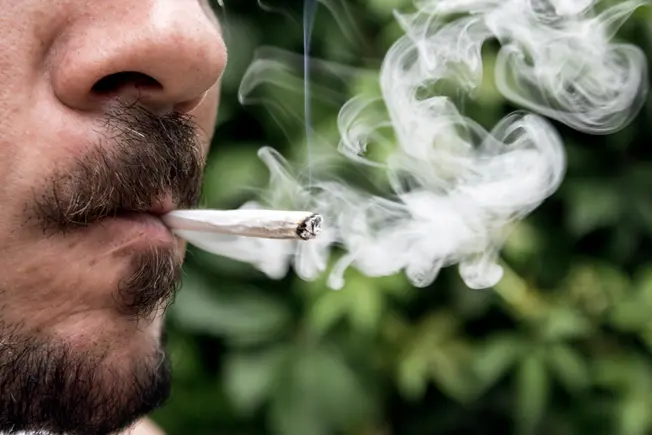
1/11
If you hang out often with someone who puffs on pot, your urine could have traces of THC. That’s the chemical in the cannabis plant that gets you high. But chances are very low that you’ll have enough THC to trigger the positive result in the screens used by the federal government and many private employers. That’s most likely to happen right after you’re exposed to the smoke. A second test would need to confirm it.
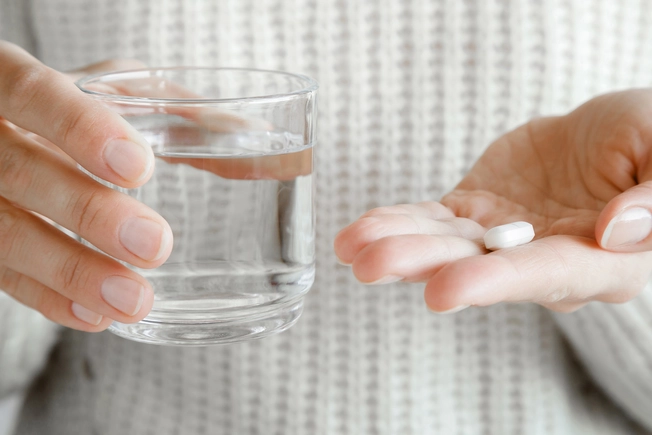
2/11
Phentermine is a prescription medicine that helps curb your appetite. It’s chemically similar to amphetamines, a stimulant used to treat ADHD and as a study aid to stay awake. Phentermine could raise a false red flag in your drug screen if you don’t have a medical reason for taking amphetamines.
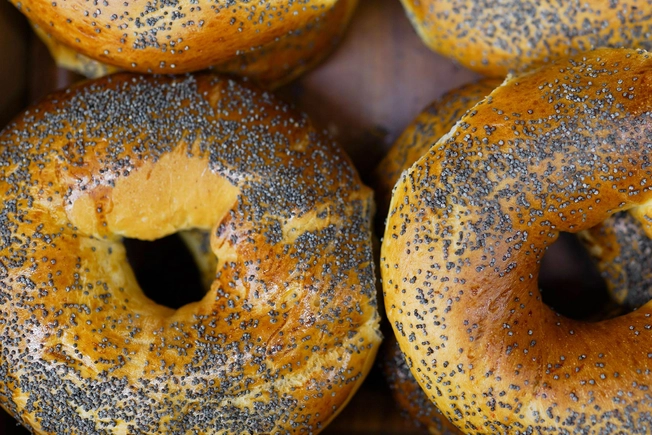
3/11
These small black seeds naturally contain morphine and codeine. A poppy seed bagel, for example, might make you test positive for both of those opioids for up to a whole day after you eat it. That’s more likely to happen with labs that still follow the older, lower thresholds for detecting those substances.
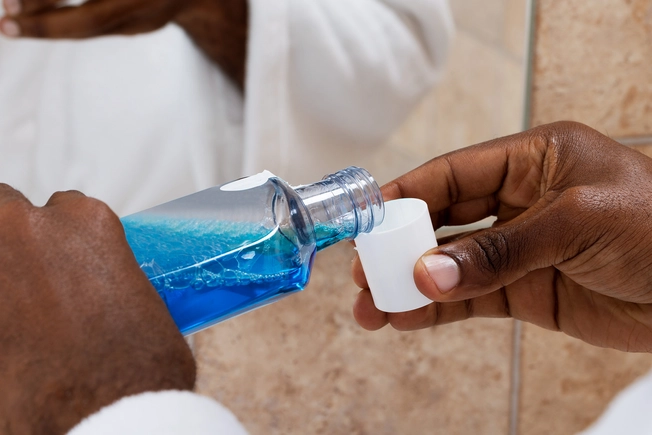
4/11
Many liquid medications, vanilla extract, and breath-cleaning products often have ethanol, a form of simple grain alcohol. Today’s drug tests can detect even trace amounts of alcohol, and for longer after exposure. So if you use anything with ethyl alcohol, your breath, blood, or urine sample might get flagged for possible signs of drinking. The same thing could happen even with alcohol-based hand sanitizers if you use them regularly.

5/11
Sertraline (Zoloft) is prescribed for depression, panic attacks, obsessive-compulsive disorder, and more. Some drug screens may not be specific enough to tell apart sertraline and benzodiazepines. The latter is an older tranquilizer drug that’s often found in people who overdose on opioids. The faulty test result could happen for several days after you quit your antidepressant.
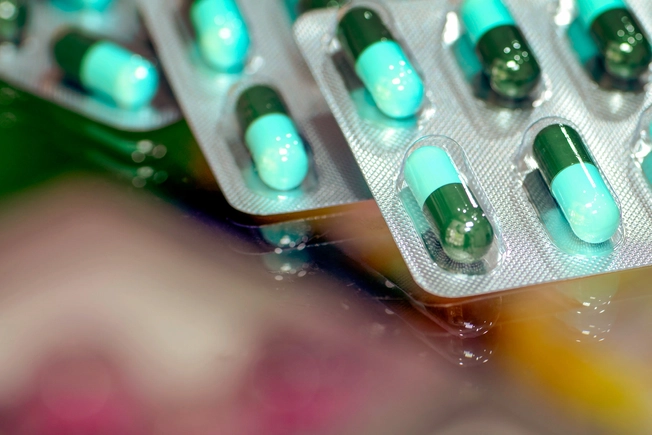
6/11
These medications usually won’t interfere with your drug screens. But in rare cases, a few antibiotics are known to trigger inaccurate test results. Rifampin, which treats tuberculosis, might show up as opiates in some rapid urine screens. What’s more, the false positive result may be possible even more than 18 hours after you’ve swallowed a single dose of the antibiotic.
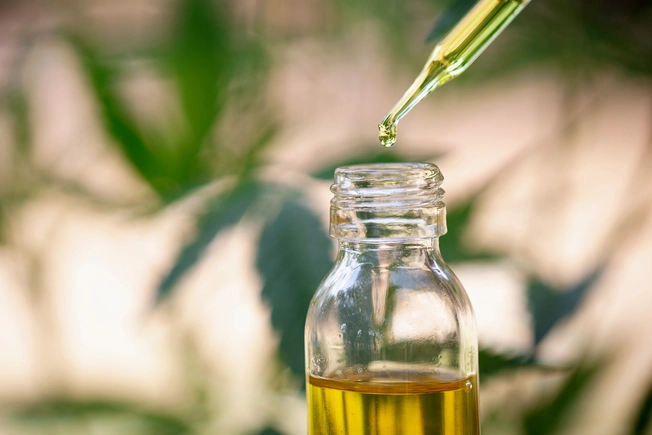
7/11
Cannabidiol (CBD) comes from the hemp plant, a relative of the Cannabis sativa plant that produces marijuana. CBD, which doesn’t make you high, is used for medical marijuana to ease pain and other symptoms. Some states allow CBD oil, edibles, and other products to have up to 5% of the mind-altering chemical THC. Depending on when and how much you’ve taken CBD, it’s possible for your urine to show evidence of marijuana in your body.
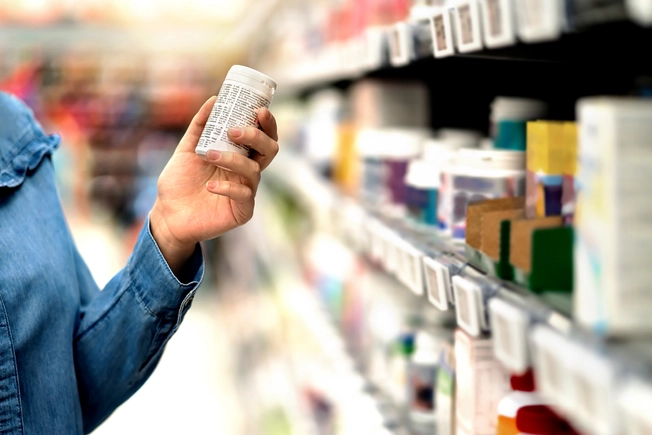
8/11
Some popular over-the-counter allergy and sleep meds like Benadryl and Advil PM have diphenhydramine. It can relieve coughs and runny noses. But on drug screens, it can show up as methadone, which helps people quit heroin or other opiates and can be addictive. Diphenhydramine also may show up as PCP, an illegal hallucinogenic that is one of five types of drugs that applicants for all federal and many private-sector jobs are screened for.
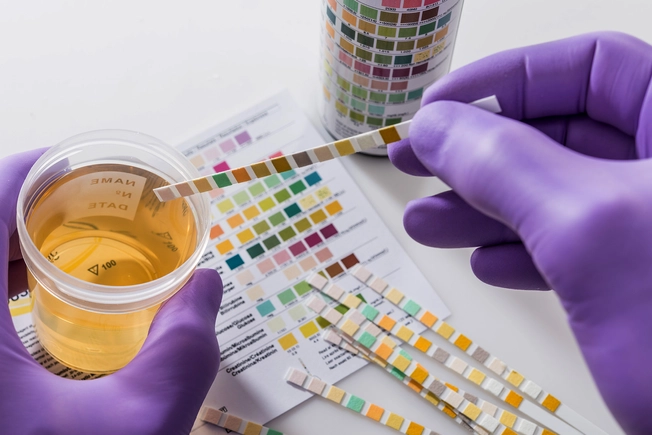
9/11
Efavirenz (Sustiva) is an antiretroviral drug that helps treat your HIV infection. But on a drug screen, it can make you seem to have used marijuana. A second, more sensitive test should be able to distinguish which of the two compounds is in your body. To avoid confusion, you may want to alert the lab or the clinic beforehand that you’re on efavirenz.
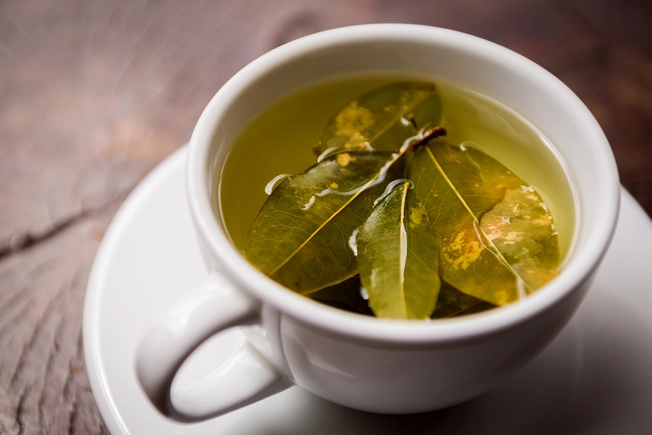
10/11
This beverage is a popular folk remedy in Peru and elsewhere in South America. It’s made with the leaves of the same plant that cocaine comes from. If you drink it, you may want to stop a couple of days before your drug test. Coca tea could affect your screening for up to 36 hours after you’ve sipped it.
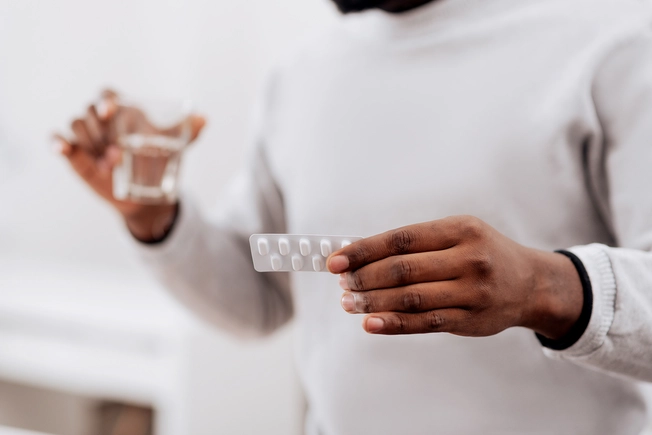
11/11
Several of these medications for mental disorders can lead to false positive tests. Quetiapine, which treats schizophrenia and bipolar disorder, can wrongly show that you have methadone in your urine. Another antipsychotic -- chlorpromazine -- can cause drug tests to come up positive for amphetamine, a stimulant.






